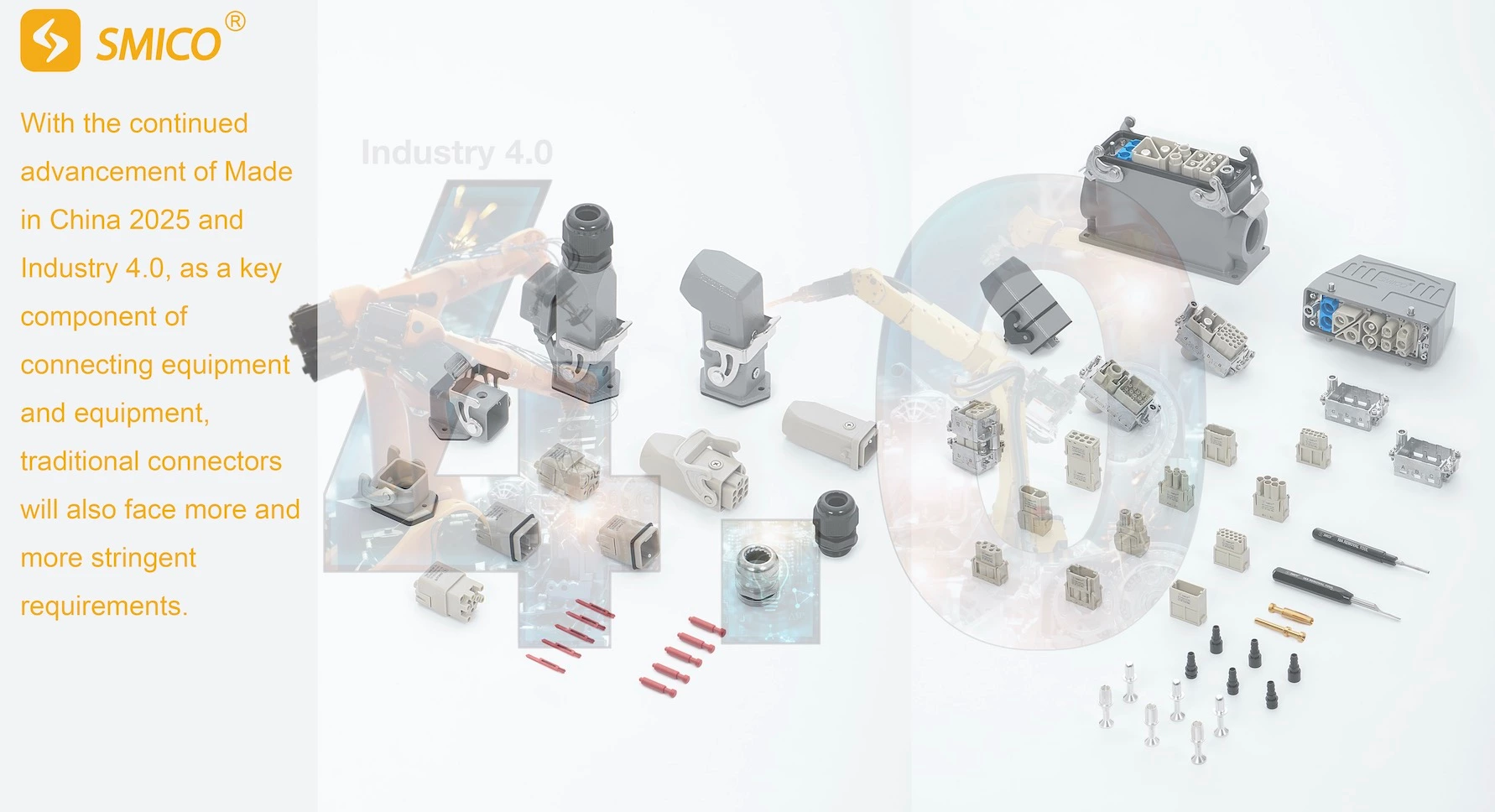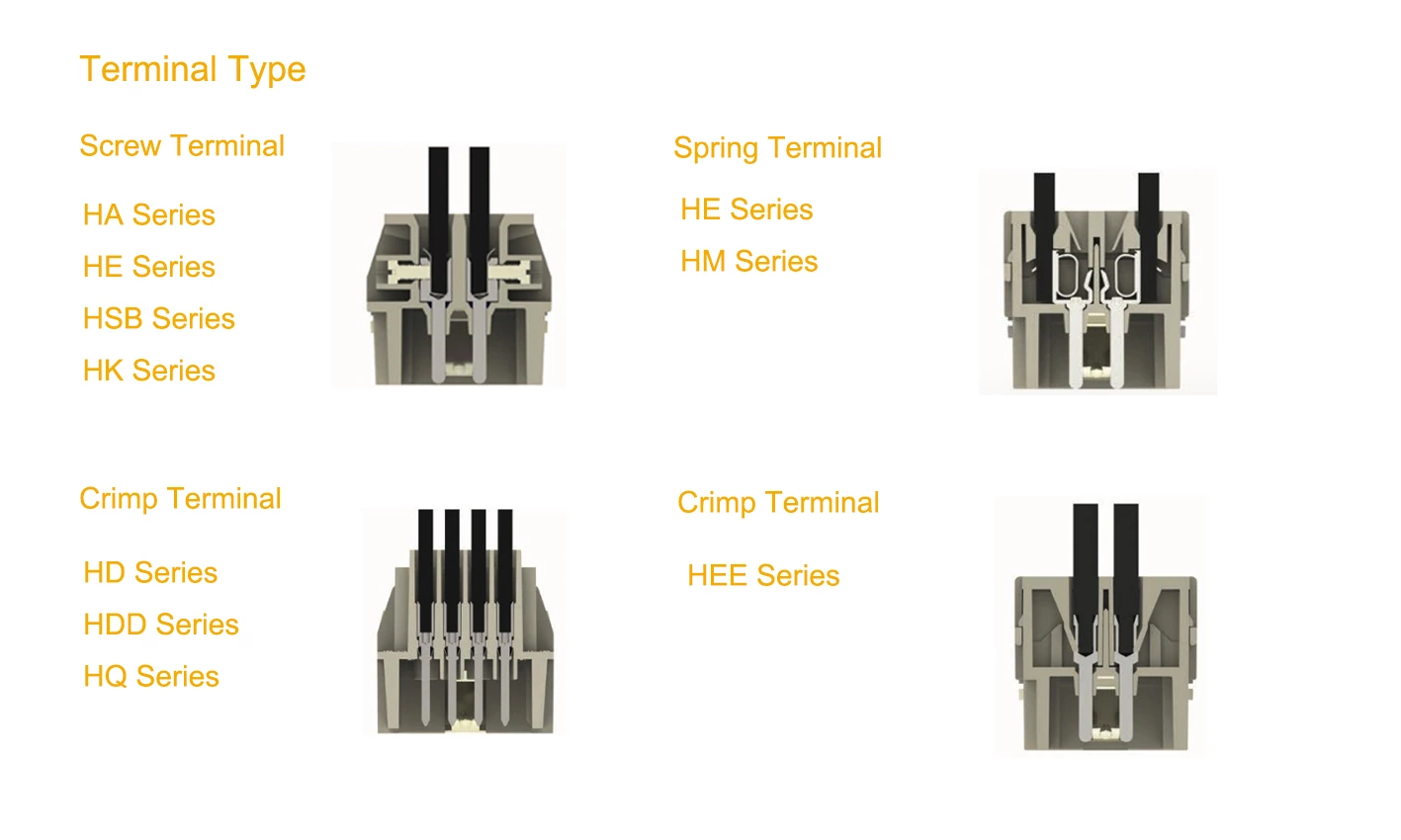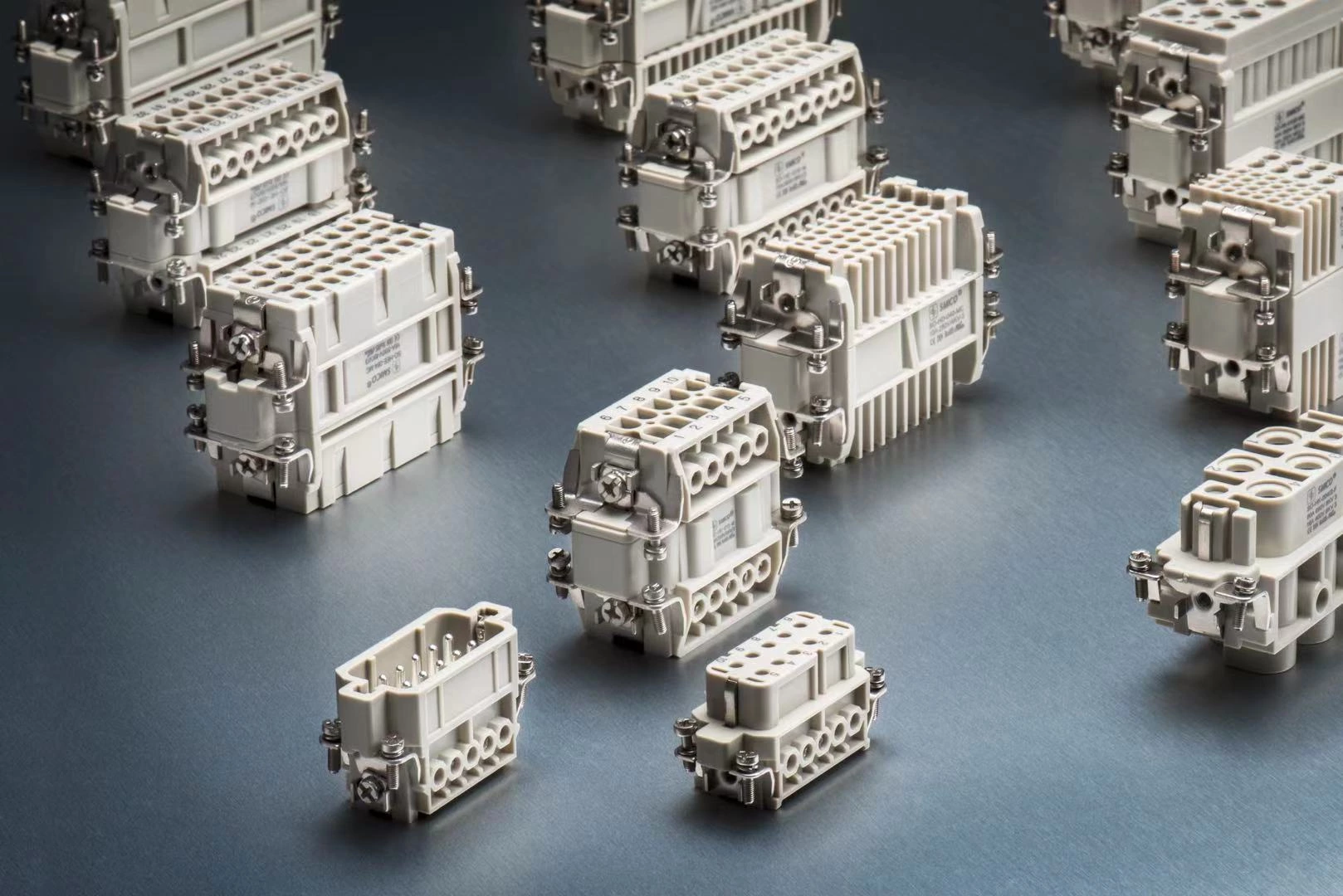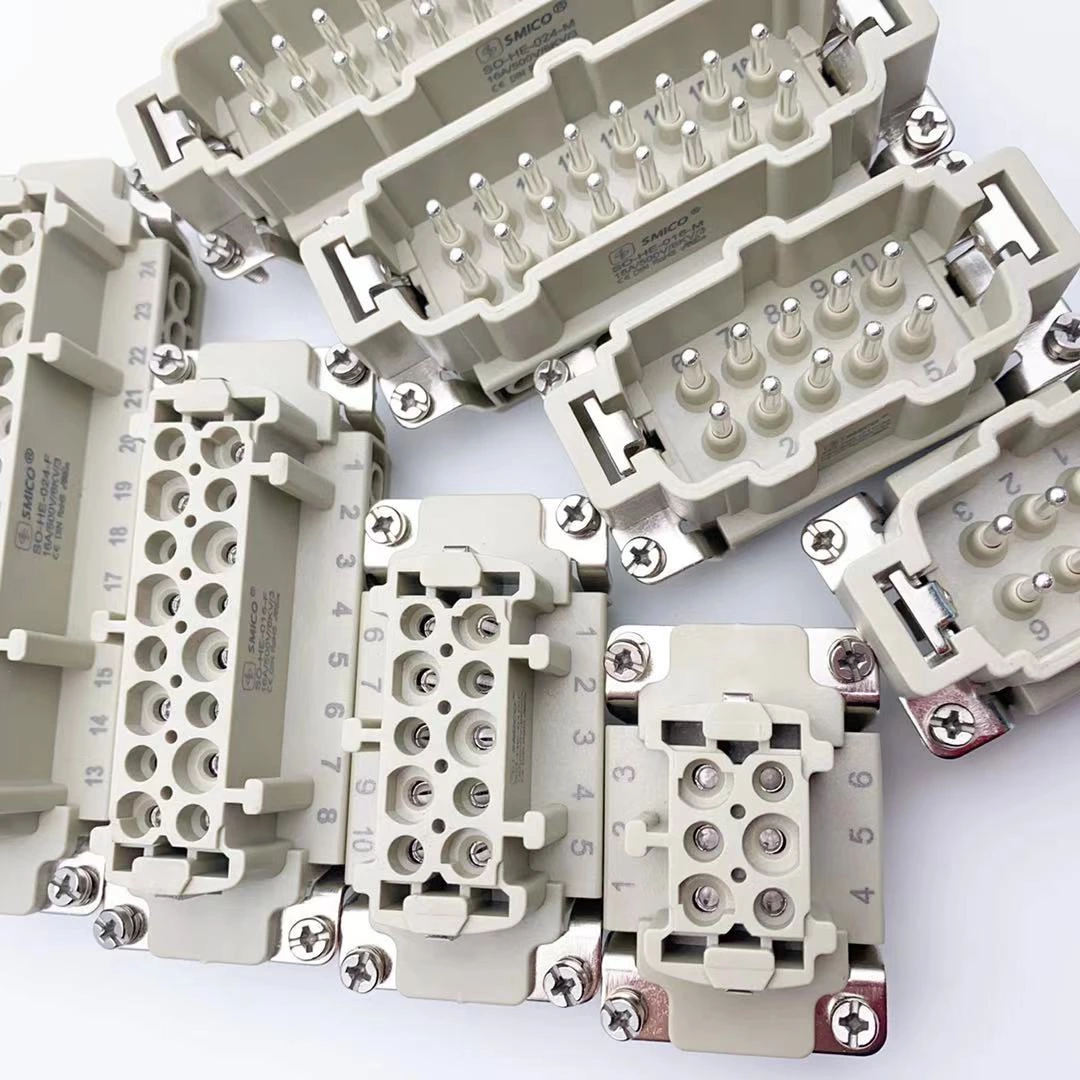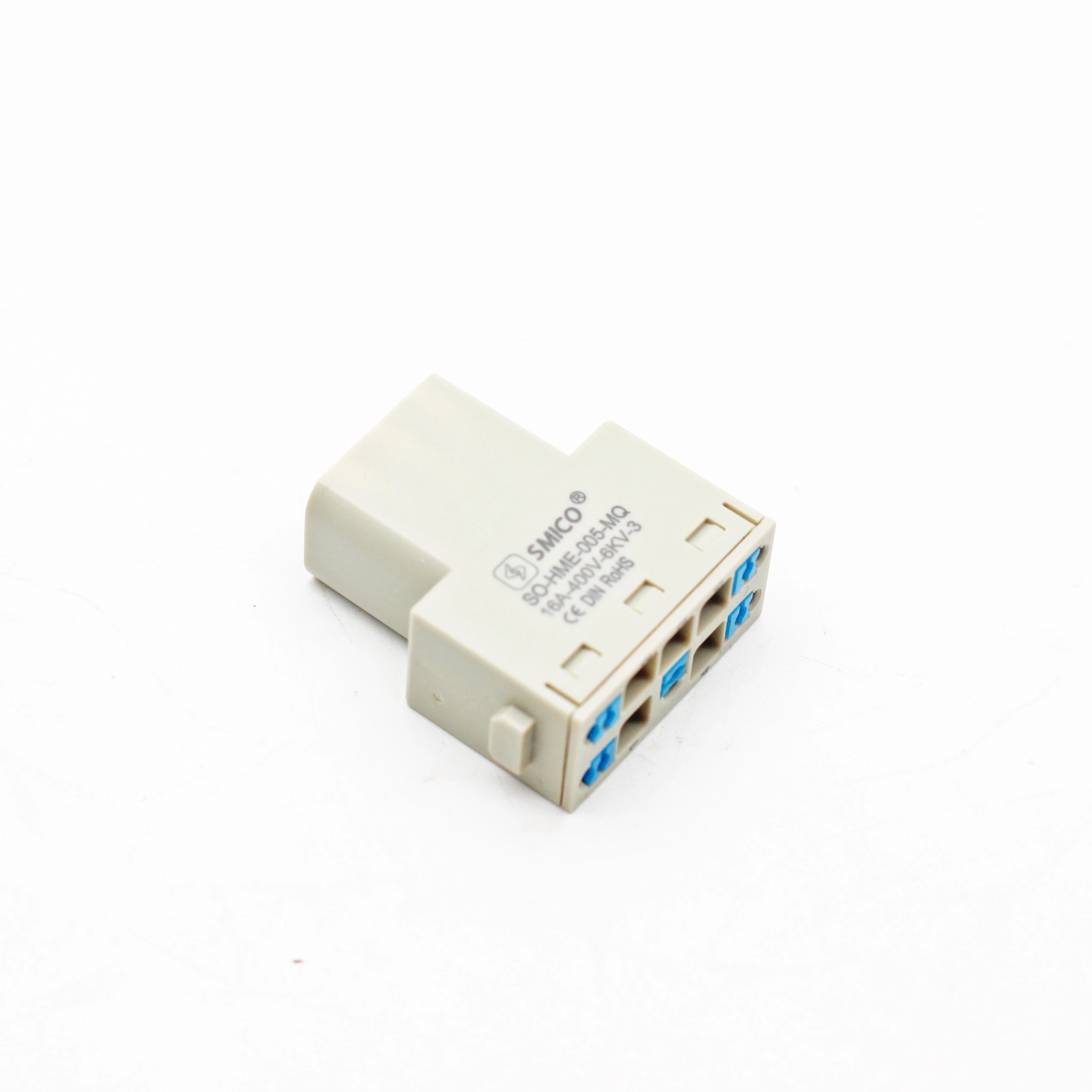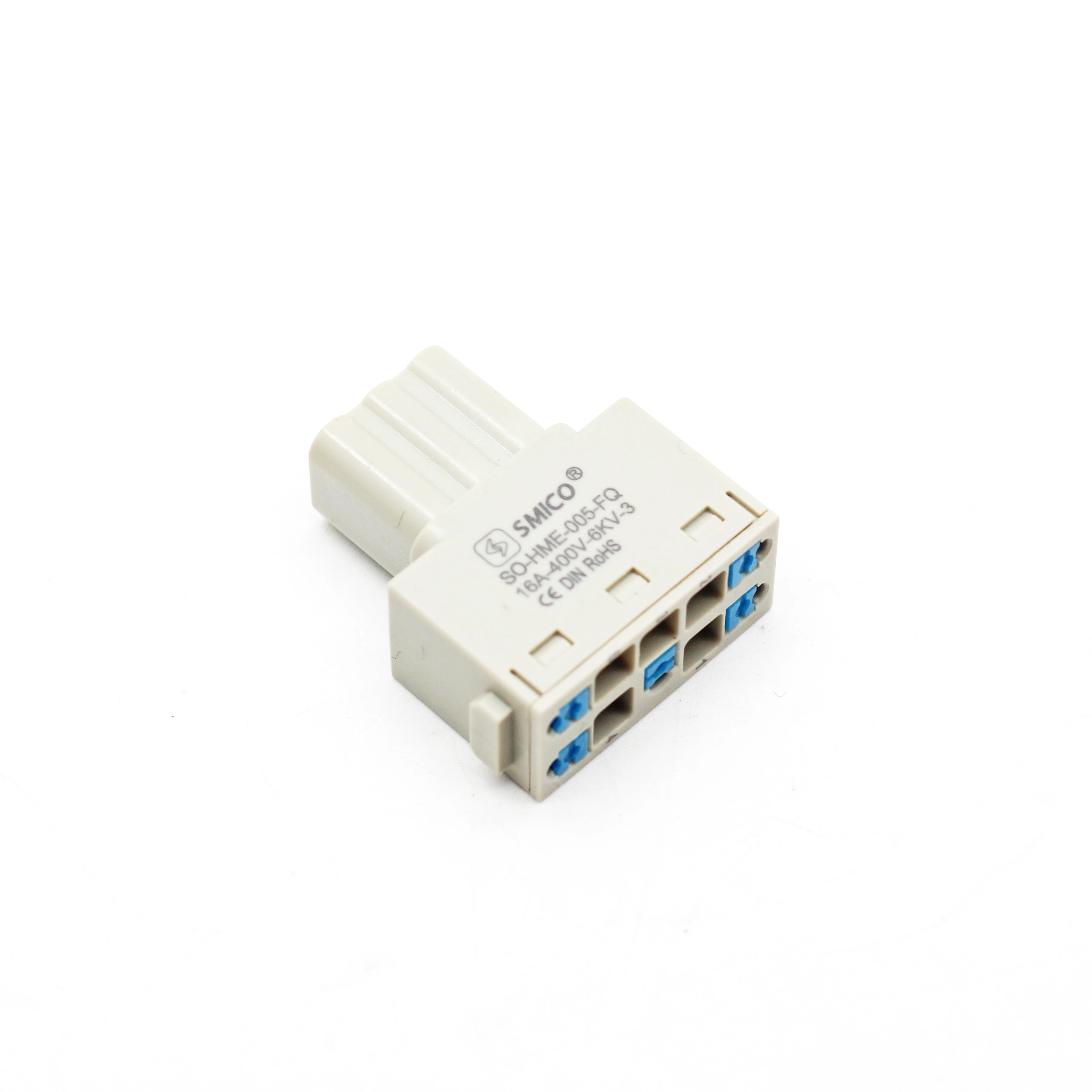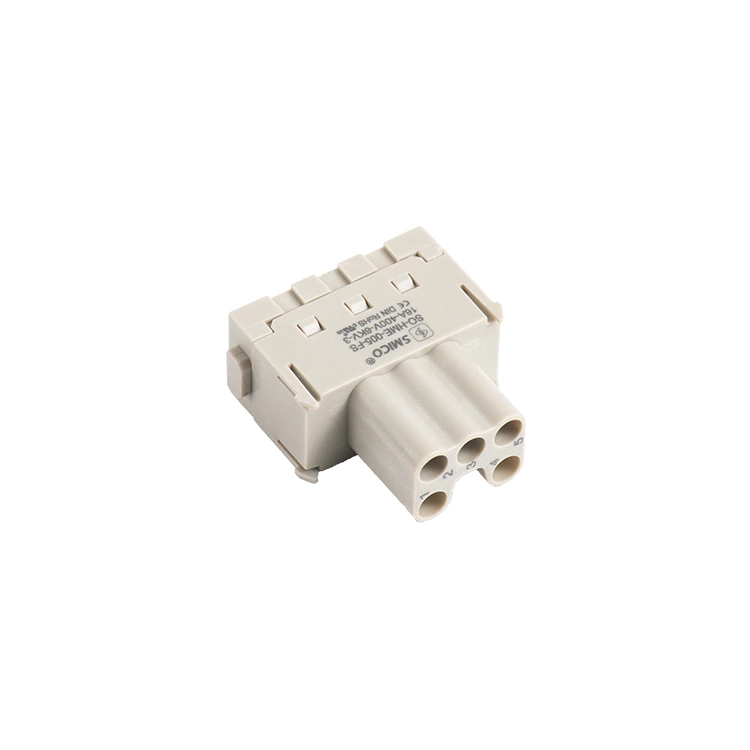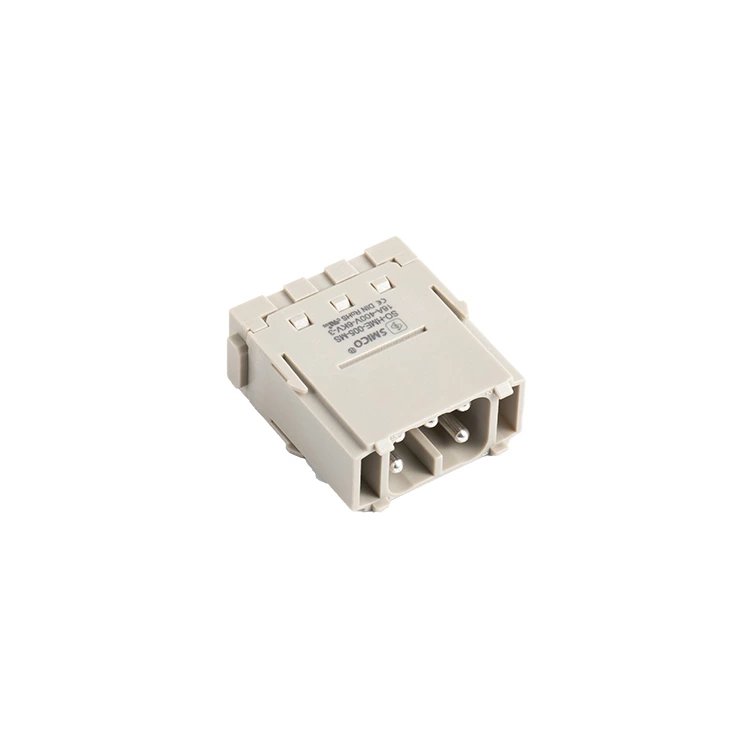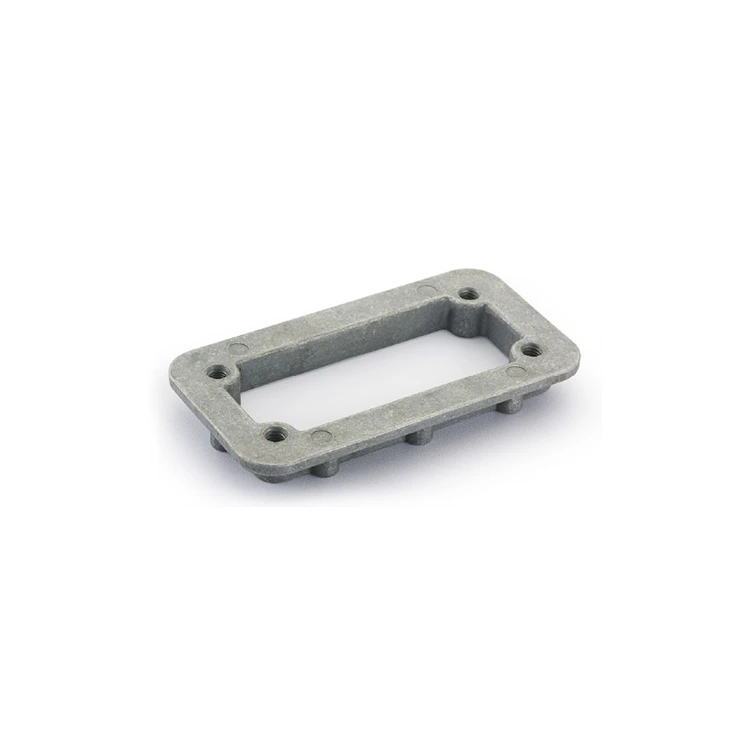Re-understand the significance and importance of heavy-duty connectors
In the rapid development of informatization and electronics, connectors are playing an increasingly important role because they can simplify the assembly process of production equipment, improve the flexibility of design and production, and improve the level of the entire system. Whether it is "Made in China 2025", "Industry 4.0", or the "intelligent manufacturing" and "Industrial Internet of Things" that we often mention, what we hope to achieve is the connection of equipment and equipment, the connection of equipment and people, and the And data connection, and all of this requires connectors to play a huge role.
Connector requirements in the industry 4.0 era
Regardless of the small size of the connector, as industrial manufacturing develops towards automation and intelligence, as a connector widely used in equipment, factory automation, power distribution and railways, it is also constantly changing and innovating. In order to meet the goals of domestic manufacturing transformation and upgrading and the realization of Industry 4.0, new challenges are presented to the connector, not only with excellent performance, able to be used in harsh industrial environments, but also to meet the diverse needs of users for intelligent control equipment . Traditional connectors have been difficult to meet the needs of this market, and at this time heavy-duty connector applications were born.
Heavy-duty connectors, designed for harsh application environments
Heavy-duty connector, specially designed to meet the demanding application environment. It mainly includes three important components: insert core, pin and shell. The ferrule and the pin form an electrical module to provide electrical connection for the device, and the shell is made of metal or thermoplastic material, with a strong structure, which can provide reliable mechanical and environmental protection for the electrical connection. The waterproof and anti-corrosion characteristics of the metal shell ensure that the heavy-duty connector can work in harsh environments and meet the needs of users for outdoor connections.
With connectors, don’t use hard wiring anymore
When power, signal or data is transmitted to actual applications, there are usually two wiring methods, permanent hard wiring or connector connection. There are a few things to keep in mind when comparing these two options. The first and most important point is how often the application will be disconnected/reconnected. When choosing hard wiring, each wire needs to be carefully removed and reconnected, which requires a lot of labor costs. If there are any wiring errors, it may take several hours to troubleshoot.
The initial cost of using the connector is high, but once it is completed, the plug-and-play solution can avoid misplugging and does not require specialized technical personnel. For many people, the long-term advantages of using connectors far outweigh hard wiring.
Heavy-duty connectors to meet diversified connection needs
The heavy-duty connector adopts a modular design and continuously expands its functions according to the needs of the application. It not only realizes the barrier-free and fast connection between modular equipment, but also ensures the transmission of signal and power supply, and meets the diversified connection needs of users.
For machinery and equipment manufacturers, it can save installation time, secure and reliable connections, and reduce overall production costs. For terminal users, they can freely install and operate equipment without any professional guidance, and maintenance becomes simple. Its advantages are mainly reflected in the following 3 aspects:
Realize the pre-installation of a large number of and complex circuits, which greatly improves the installation efficiency of the equipment and reduces the wiring error rate.
Provides a highly integrated connection, and a rich combination of ways maximizes the effective utilization of equipment space.
It is convenient and efficient to realize the modular structure of each functional template block of the equipment, so that the equipment can be transported, installed, maintained and repaired conveniently and safely.
Compared with traditional connection methods, the use of heavy-duty connectors can save 20-30% of installation costs for processing centers and increase production efficiency. It is mainly used in industrial automation, equipment manufacturing, industrial system buildings, and information and control technology. And other fields.

